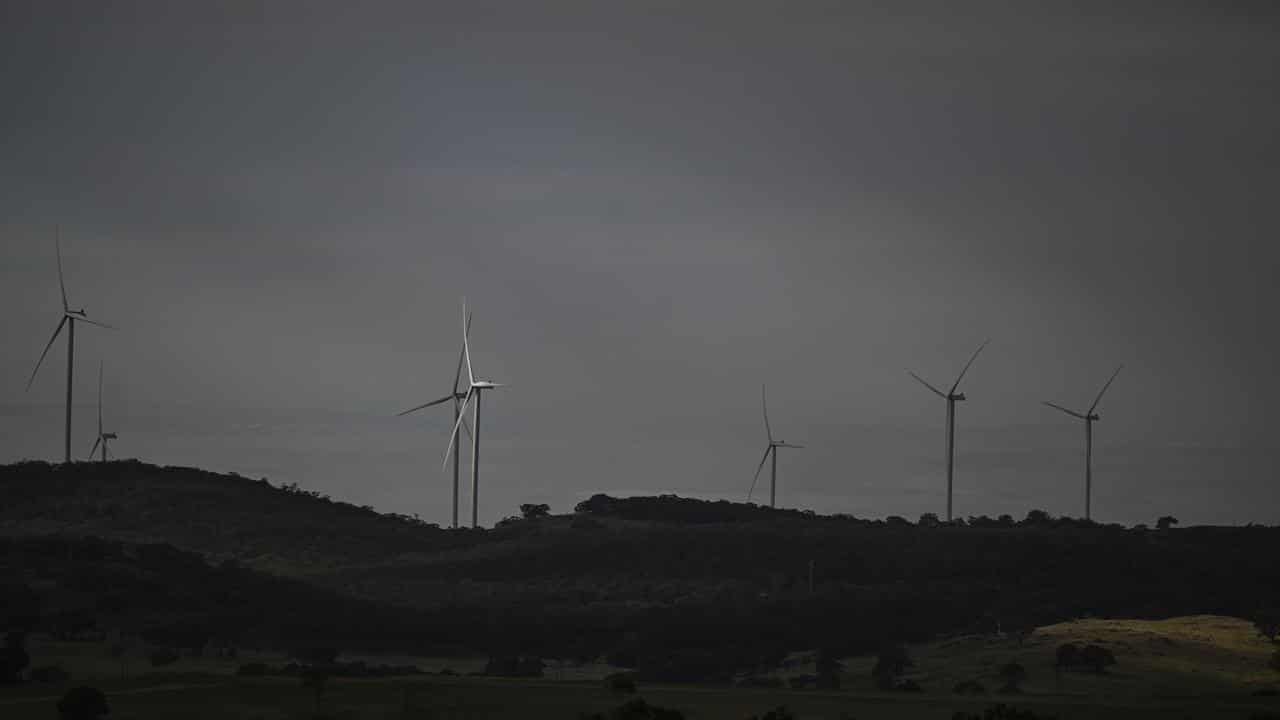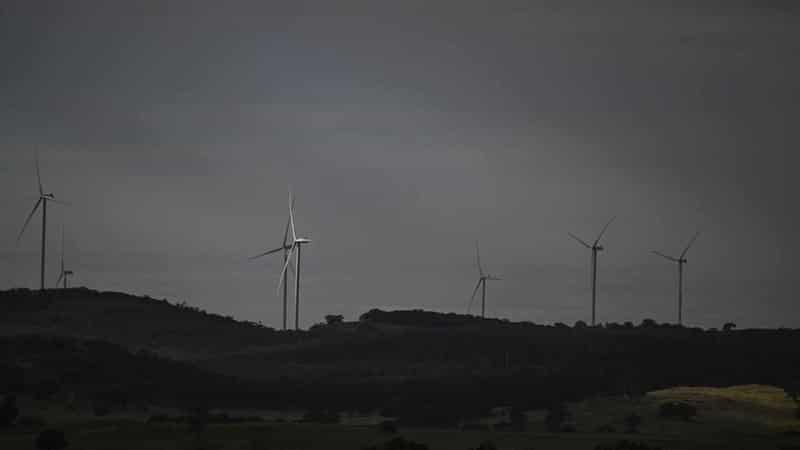
Australia has "messed up" the switch from coal plants to renewable energy and will stumble through the next few years as it tries to meet peak demand, experts warn.
Nationwide delays in approving and commissioning clean energy projects are plaguing developers, with more batteries in particular needed to cover peak demand, a business and climate summit was told on Friday.
Solar-rich South Australia is managing daily demand for electricity that can swing from 90MW to 3000MW and Western Australia is turning up its coal, gas and hydrogen production to keep the resources industry running.
Tim Nelson, head of energy markets at Iberdrola Australia, said the country was likely to get to "at best, 70 per cent renewables" not the 82 per cent by 2030 the federal government has targeted.
Sarah Fitzgerald, global program lead for future energy at engineering, architecture and construction firm GHD, said governments need to "unstick" the red tape that is holding back projects.
NSW is considering paying Origin Energy to keep the country's biggest coal generator, the ageing Eraring plant, running for longer to keep the lights on despite pledging billions for clean energy.
"Who would have thought we'd be paying coal-fired power stations to stay open," Ric Brazzale, managing director of Green Energy Trading, told the Australasian Emissions Reduction Summit in Sydney.
"We've messed this up."
BP hydrogen executive Geoff Millar said capital and supply chains were flowing to the United States under the Inflation Reduction Act.
"We're going to need to see more policy change to effectively counter that, to compete for projects in Australia in the future," he said.
More subsidised rooftop solar, batteries and electric cars could be the solution in the interim.
Mr Brazzale said "go hard, go households" was the only way for federal Labor to meet its election pledge to cut power bills for households by $275 a year by 2025.
"We've got to get off gas and solve peak demand as coal plants close," he said.









